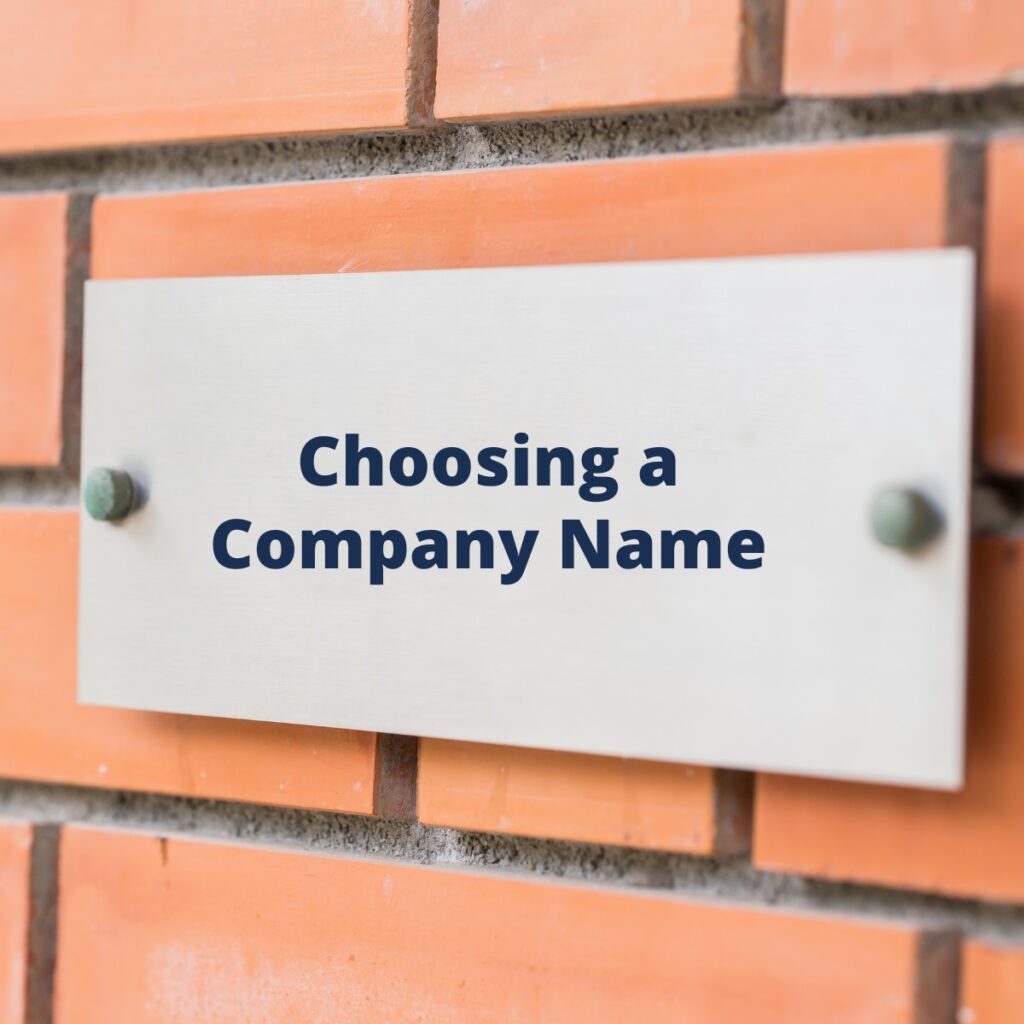Choosing a Company Name in Ireland: A Guide to Getting it Right

Choosing the right name for your company is one of the first and most important steps in setting up a business in Ireland. While creativity plays a role, it’s essential to ensure that your chosen name complies with legal requirements and avoids regulatory complications. A poor choice can lead to rejection by the Companies Registration Office (CRO) or even legal challenges post-registration. This guide outlines the key compliance considerations when selecting a company name in Ireland and common pitfalls to avoid.
Understanding the Legal Requirements
The Companies Registration Office (CRO) enforces strict rules on company names to prevent duplication, misleading names, and confusion among businesses. Here are the primary legal criteria to keep in mind:
1. Uniqueness is Essential
The CRO will reject any name that is identical or too similar to an existing registered company. Even minor differences—such as adding “Ireland” or “Limited” to an existing name—will not make it sufficiently unique. Before finalising a name, conduct a thorough check using the CRO’s company name search tool.
2. Restricted and Prohibited Words
Certain words require special approval before they can be used in a company name. These include:
- "Bank," "Insurance," "Group," "Holding"– These may require regulatory approval or evidence supporting their use.
- "University," "Institute," "Charity"– These terms require approval from relevant authorities.
- Misleading terms– Any word suggesting government affiliation or official status is likely to be rejected.
Additionally, the use of domain suffixes such as “.ie” or “.com” is prohibited in registered company names.
3. Potential Objections After Registration
Even if a name is initially accepted, another business may challenge it if it is too similar to their own. Under Irish law, a company can be legally required to change its name if an objection is raised within six months of registration. It is crucial to ensure that your name is distinct from others to avoid costly rebranding efforts.
Common Pitfalls to Avoid
Many businesses face delays and rejections due to common naming mistakes. Here are some key compliance pitfalls to watch out for:
1. Assuming Small Variations Are Enough
Simply adding a generic term like “Solutions,” “Services,” or “Ireland” to an existing name won’t differentiate it sufficiently. For example, if “ABC Consulting Ltd” already exists, “ABC Consulting Ireland Ltd” will likely be rejected.
2. Overlooking Future Name Change Risks
If a newly registered name is too similar to an existing one, the CRO may require you to change it if a complaint is filed. This can result in additional costs, the need for new branding, and disruption to business operations.
3. Using Words That Require Approval Without Permission
Many words require consent from regulatory authorities. Attempting to use a restricted term without securing the necessary permissions will delay registration. It’s best to check whether your proposed name includes any restricted words before applying.
Final Steps: Ensuring Compliance with the CRO
To avoid rejection, follow these key steps:
- Check availability – Use the CRO’s name search tool to ensure your name is unique.
- Verify restricted words – If your name includes regulated terms, secure approval in advance.
- Consider alternatives– Have backup name options in case your first choice is rejected.
Conclusion
Choosing a company name in Ireland is primarily a compliance issue. Ensuring that your name meets the legal criteria from the outset will save time, prevent disputes, and allow your business to operate smoothly. By avoiding common pitfalls and conducting due diligence, you can ensure your company name is legally sound and free from future complications.
If you need expert assistance in setting up your company in Ireland, get in touch today. We can help ensure everything is done correctly from the start.
This article is intended for informational purposes only and should not be considered a replacement for professional advice. The author(s) disclaim any liability for actions taken or not taken based on the content of this document. It is recommended to seek tailored advice before making any decisions related to the topics discussed in this article.

